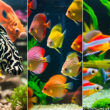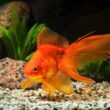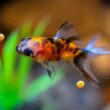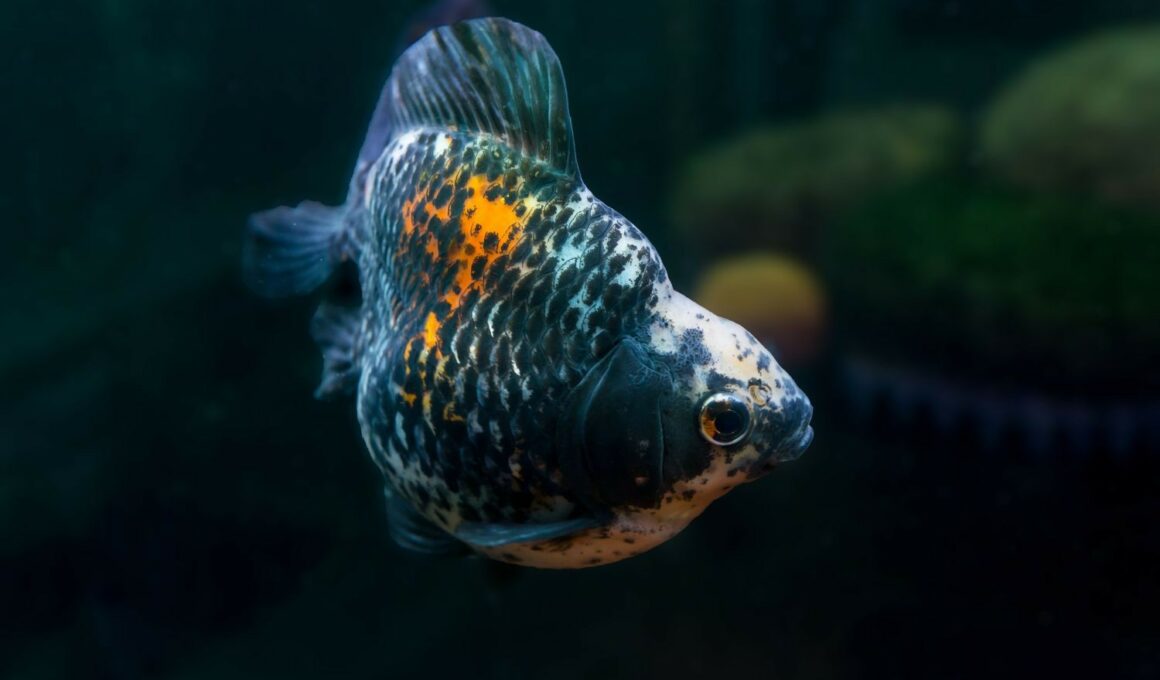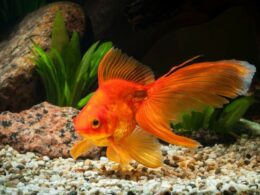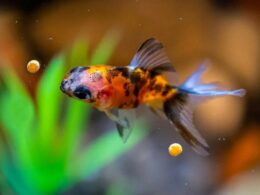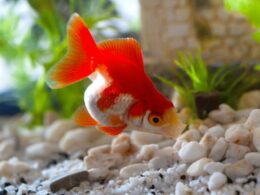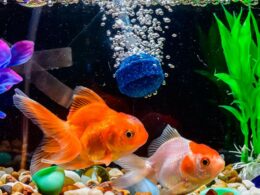In this article Show
Goldfish have long been cherished as delightful additions to home aquariums, swimming their way into the hearts of fish enthusiasts. As an experienced fishkeeper, I understand the joys and responsibilities that come with caring for these aquatic companions.
One question that often surfaces in the world of goldfish keeping is, “Do Goldfish Get Depressed?” In this article, we’ll cut through the conjectures and explore the emotional well-being of our friends with a focus on practical insights and tangible advice.
Do Goldfish Get Depressed?
Yes, goldfish can experience a form of emotional distress that is often likened to depression. While these aquatic companions may not exhibit emotions in the same way humans do, observable changes in behavior can signal underlying issues. Factors such as suboptimal aquarium conditions, lack of mental stimulation, or inadequate social interaction can contribute to what appears to be a state of unhappiness in goldfish.
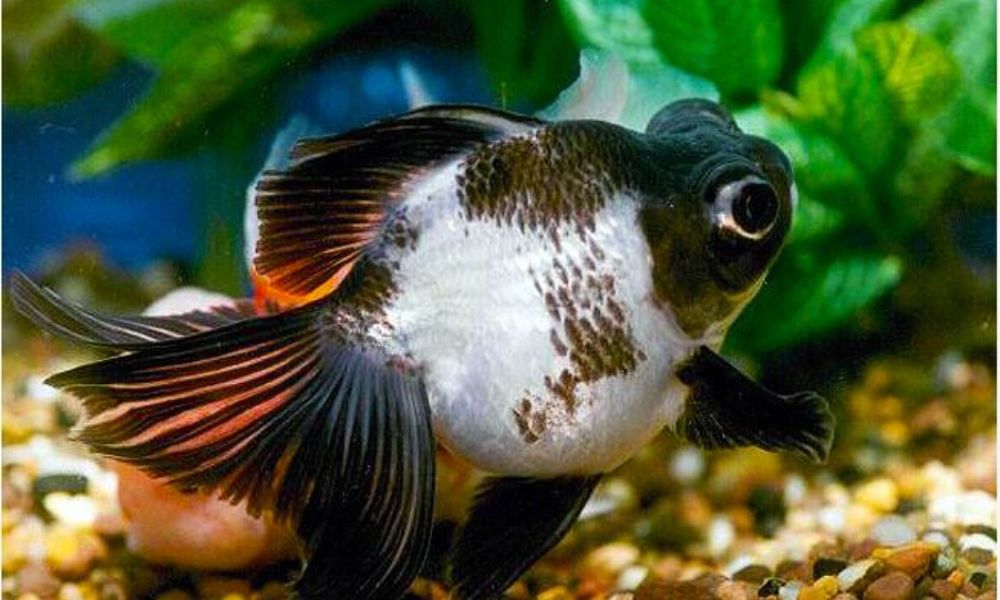
Goldfish Behavior
Goldfish, despite their small size, exhibit a range of interesting behaviors that can be indicative of their well-being. Typically, these aquatic companions are active swimmers, constantly exploring their environment.
A content goldfish will gracefully glide through the water, displaying smooth and rhythmic movements. They often exhibit curiosity, investigating objects in their tank with a keen interest.
Healthy goldfish are known to have a hearty appetite, eagerly consuming their meals. Furthermore, these aquatic pets may engage in interactive behaviors, such as following their owners or recognizing feeding time.
Signs Of A Happy and Healthy Goldfish
A happy goldfish is characterized by vibrant colors and clear, undamaged fins. Bright and alert eyes are indicative of good health. Additionally, a content goldfish will display an active and responsive demeanor, showing enthusiasm during feeding and exploration.
Regular and well-formed bowel movements are also positive indicators of a healthy digestive system. Observing these signs allows fish keepers to gauge the overall well-being of their goldfish and make necessary adjustments to maintain a thriving aquatic companion.
Signs of Potential Goldfish Depression
Recognizing potential signs of goldfish depression is crucial for proactive and attentive care. Keep an eye out for behavioral changes, such as decreased activity levels, lethargy, or a lack of interest in surroundings.
If you notice your goldfish spending more time at the bottom of the tank or hiding in secluded areas, these could be indicators of a mood shift. Factors contributing to goldfish stress include suboptimal water conditions, overcrowded tanks, or sudden changes in the environment.
Addressing these stressors promptly and ensuring a stable and enriching habitat can play a pivotal role in promoting the emotional well-being of your aquatic companion.
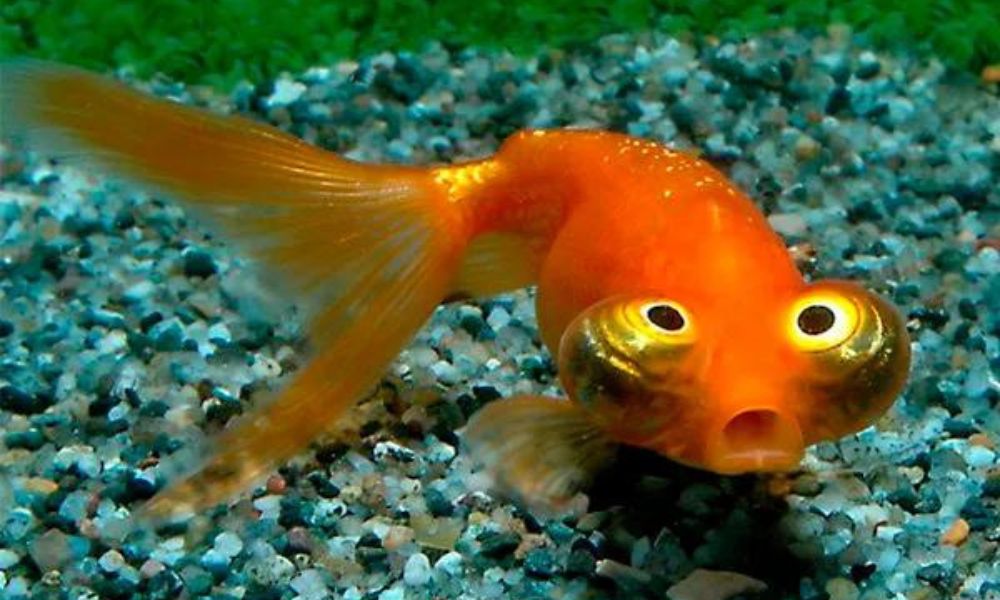
Environmental Factors
The environment within your goldfish’s aquarium significantly influences their overall well-being. Ensure a clean and well-maintained tank with appropriate water parameters, including temperature and pH levels.
Poor water quality can stress goldfish, impacting their health and happiness. To create a stimulating environment, provide hiding spots, plants, and decorations. Goldfish enjoy exploring and interacting with their surroundings, so offer a variety of textures and structures.
Regular water changes and proper filtration contribute to a healthy aquatic habitat. By optimizing these environmental factors, you can enhance the quality of life for your goldfish and foster a thriving underwater world for them to explore.
Mental Stimulation For Goldfish
Goldfish, like any intelligent pets, benefit from mental stimulation to stay happy and engaged. Introduce a variety of aquarium-safe toys and decorations, such as floating objects or objects that encourage exploration.
Mirrors placed outside the tank can also pique their interest, simulating social interaction. Rotate these items regularly to keep the environment novel and exciting.
Additionally, consider providing floating plants, which not only serve as hiding spots but also contribute to a dynamic and visually appealing setting. A well-stimulated goldfish is more likely to exhibit natural behaviors, promoting a healthier and happier aquatic companion.


